IFA, Hearing Health, and the Decade of Healthy Ageing
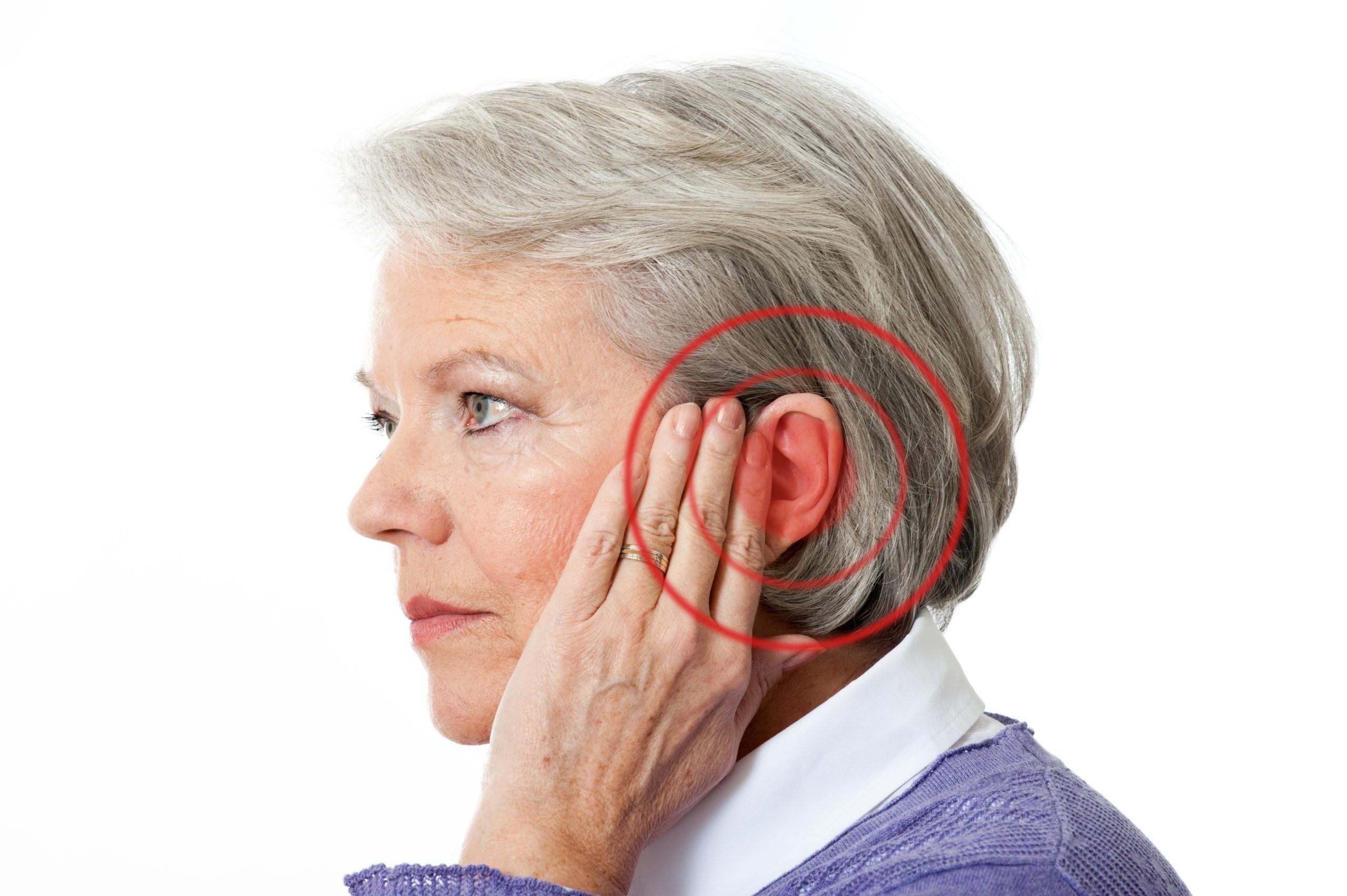
The IFA’s vision of a world of healthy older people who are both respected and protected underpins all that we say and do in the Decade of Healthy Ageing.
The Decade’s four action areas include combatting ageism, age-friendly environments, integrated care, and long-term care, which are underpinned by a rights-based approach to healthy ageing. Complementarily, four enablers to shift the status quo amongst the areas for action, include voice and meaningful engagement; leadership and capacity building; connecting stakeholders; and strengthening data, research, and innovations.
IFA continues to be a leader in the field by making and strengthening connections across disciplines and sectors toward a common policy agenda and toward the development of new narratives about the impact of intrinsic and external factors on the functional ability of older people, including hearing health in later life.
World Hearing Day Theme 2024: Changing Mindsets: Let’s make ear and hearing care a reality for all
Hearing in Later life: Advocacy in Action
Strategic planning meeting of WHO network of collaborating centers and organizations in official relations for ear and hearing care
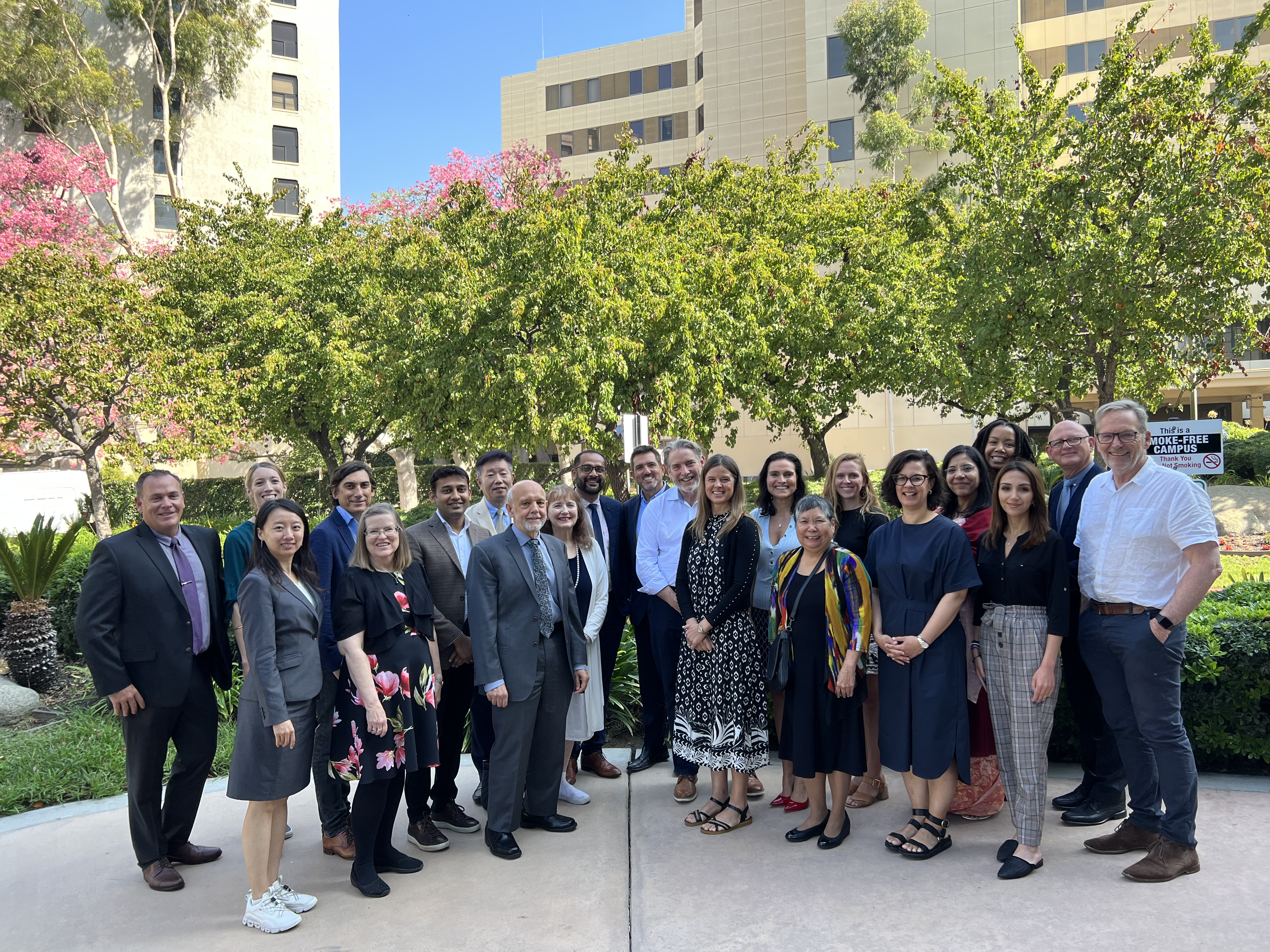
On 17-18 October 2023, the IFA took part in a WHO-organized meeting of its organizations in official relations that work on hearing loss along with its collaborating centres, at the House Institute in Los Angeles, United States. The purpose of the meeting was to foster closer collaboration among the institutions and organizations represented, so as to better serve the needs of WHO’s programme on ear and hearing care.
Globally, over 430 million people live with disabling hearing loss and over 80% of them do not have access to the services they require. WHO is working to bridge this huge gap with the strategies outlined in its World Report on Hearing. It is supported in this work by a network of collaborating centres and organizations in official relations.
During the meeting, the network participants outlined concrete steps for strengthening collaborations for research, training and advocacy so as to strengthen WHO’s work towards improving access to hearing care globally.
World Hearing Forum
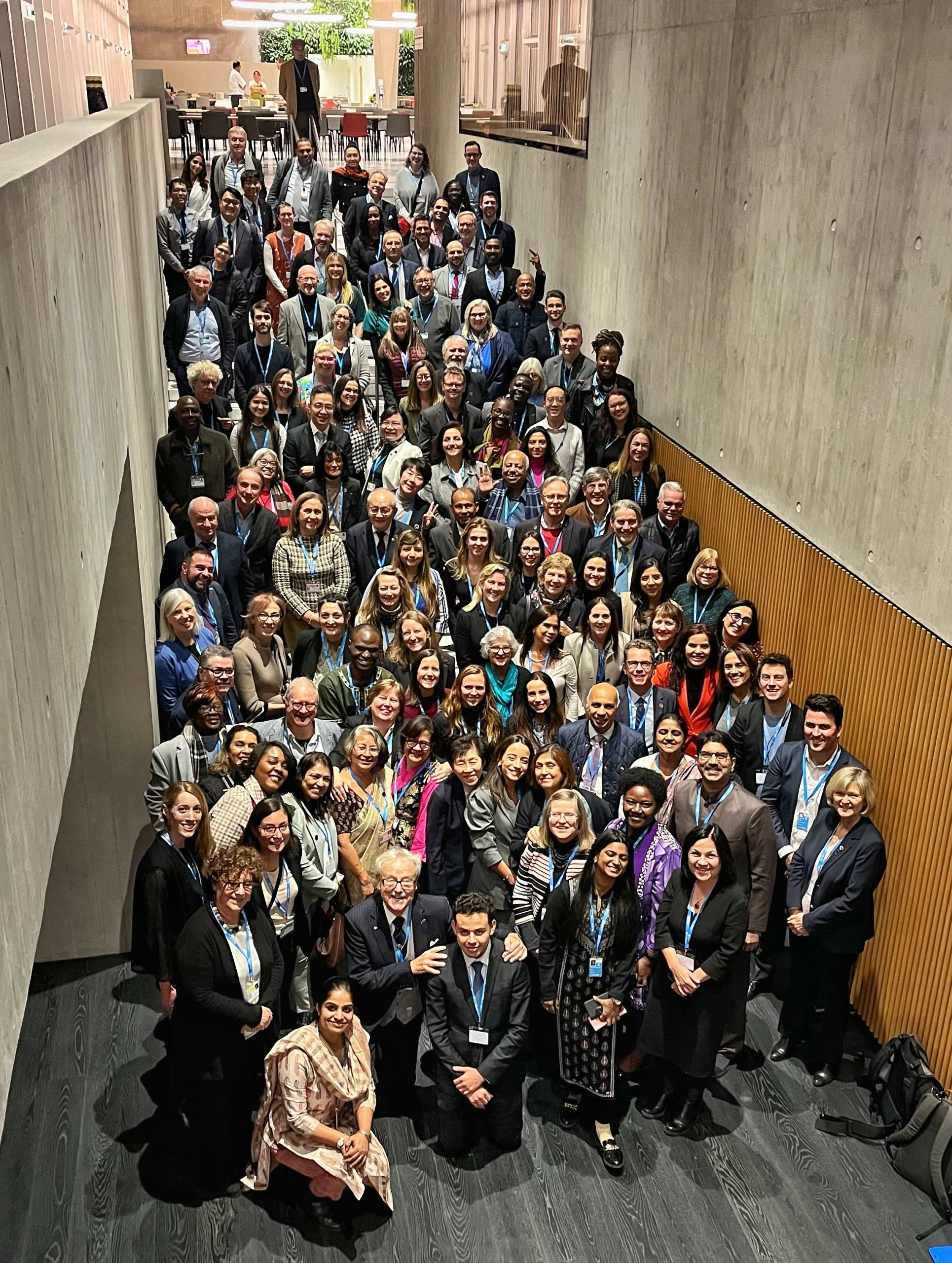
Globally, at least 430 million people are in need of hearing care, with unaddressed hearing loss ranking as the third-largest cause of years lived with disability worldwide. In light of this, from November 27-29, the International Federation on Ageing took part in the three-day World Hearing Forum (WHF) meeting to continue to prioritize the integration of ear and hearing care across the life course.
The World Hearing Forum (2018–2025) is filling a critical gap by bringing a collective vision to advocacy and collaboration in this field. Through networking and by sharing knowledge, skills and experiences from the field, the World Hearing Forum is galvanizing action towards a world in which no person experiences hearing loss due to preventable causes and those with hearing loss can achieve their full potential through early identification and appropriate management of their condition.
Hearing in Later life: Advocacy in Action
Strategic planning meeting of WHO network of collaborating centers and organizations in official relations for ear and hearing care
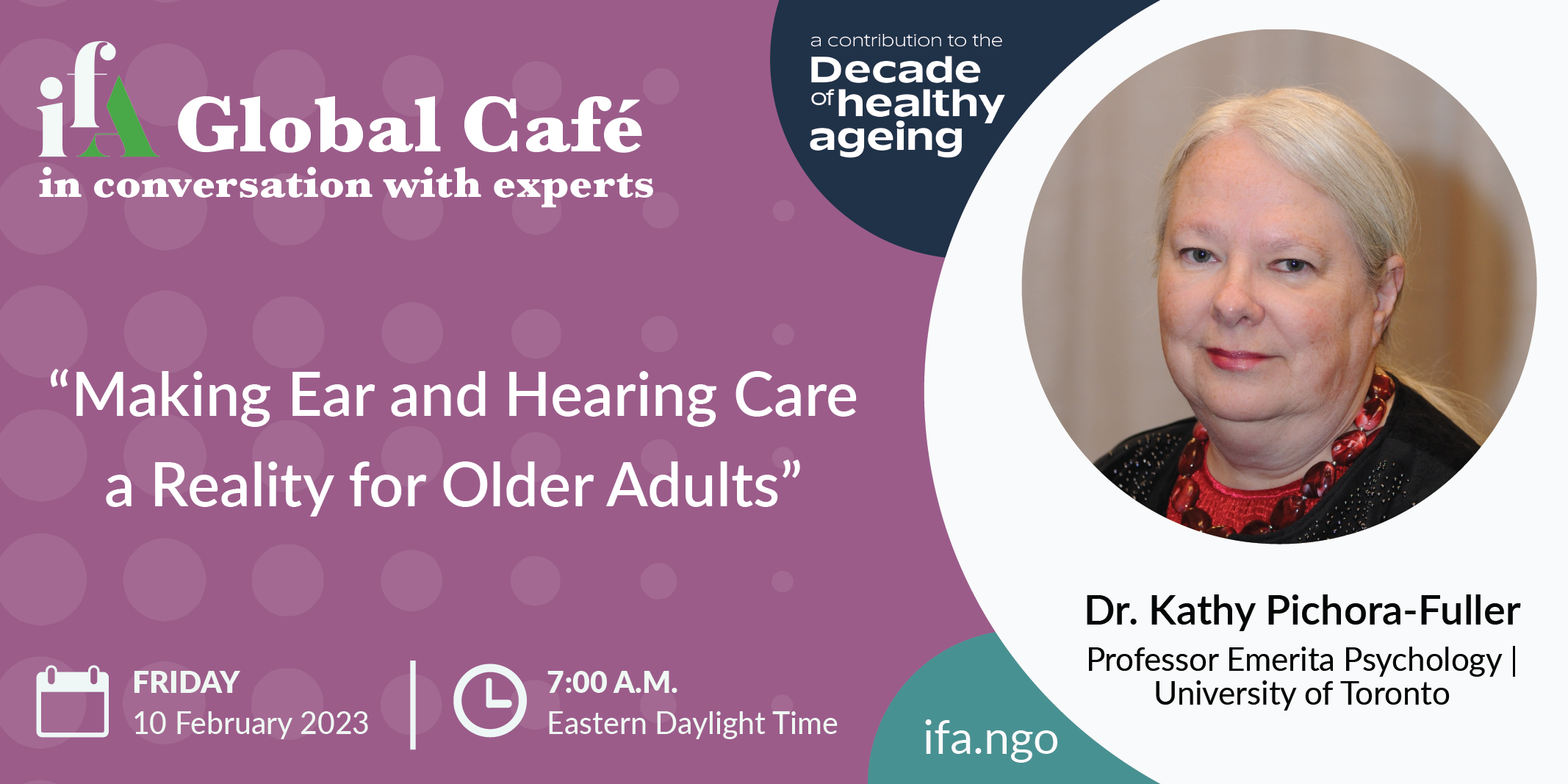
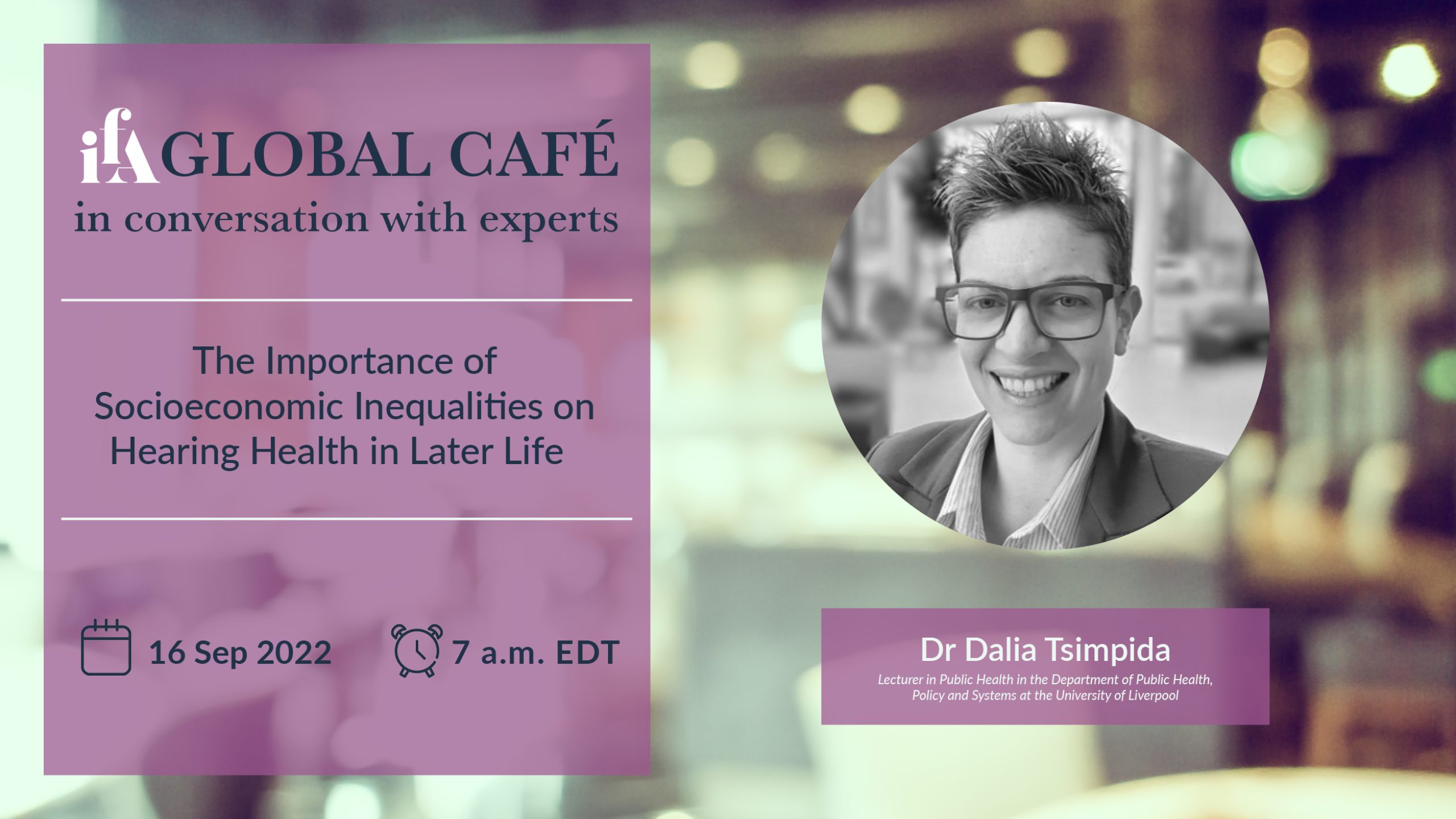
As part of the World Hearing Forum global network of organizations promoting ear and hearing care worldwide, the IFA has committed to hearing in later life as a priority area, with the active participation of the World Hearing Forum stakeholders’ and members’ meeting as well as various advocacy-based initiatives for World Hearing Day, including hearing-specific global café series:
---
- In conversation with Prof Kathy Pichora-Fuller on Making Ear and Hearing Care a Reality for Older Adults
Click here to watch the recording
--- - In conversation with Dr Dalia Tsimpida on the importance of socioeconomic inequalities on hearing health in later life
Click here to watch the recording
--- - In conversation with Dr Dalia Tsimpida hearing in later life: the role of lifestyle factors on hearing loss
Click here to watch the recording
IFA 16th Global Conference on Ageing: Hearing in Later Life Symposium
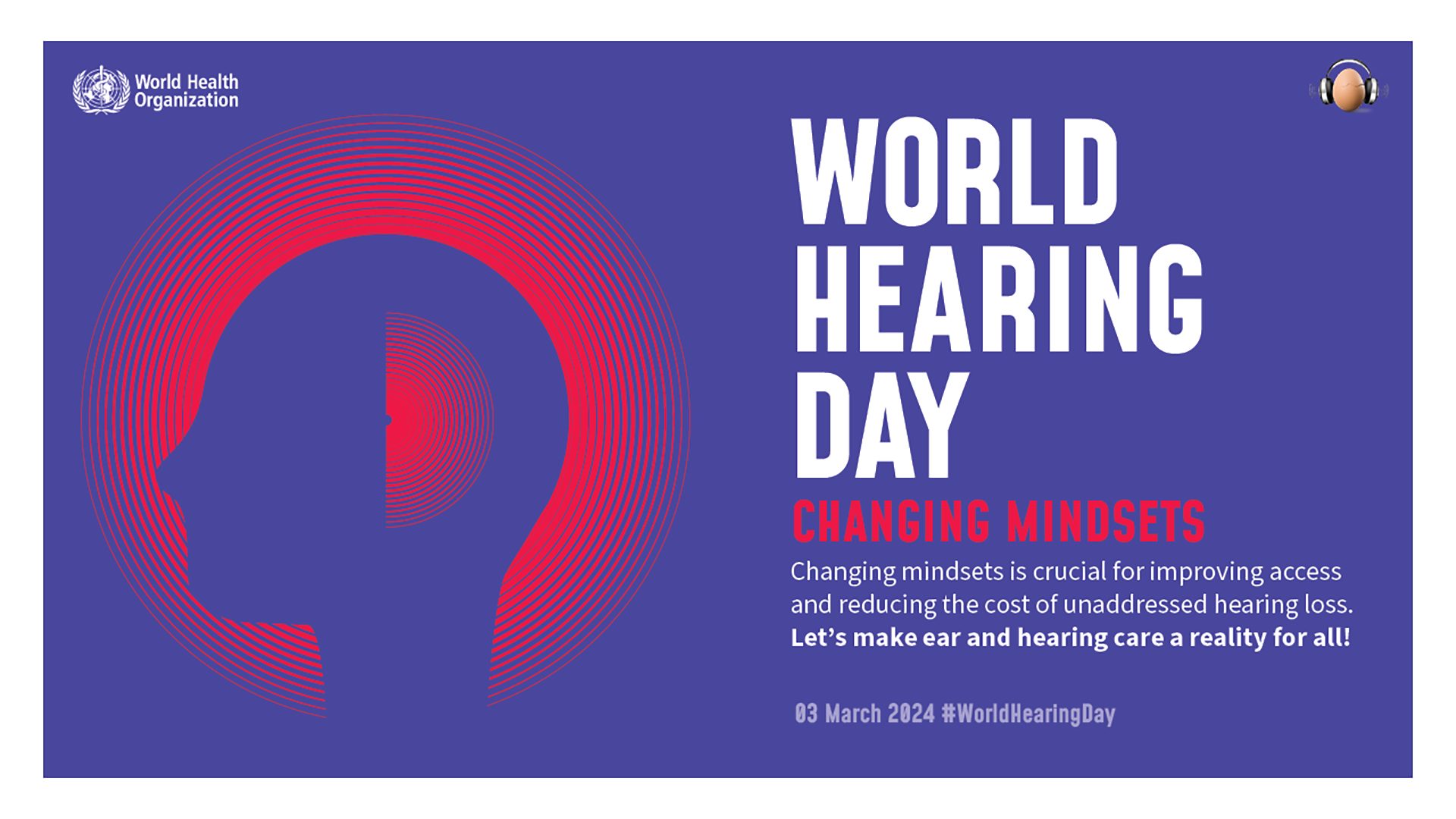
The two-part hearing in later life Symposium meetings were held in conjunction with the IFA 16th Global Conference on Ageing, in Bangkok, Thailand from the 27th of June to the 30th of June 2023.
The Decade highlights the importance of collaborative actions to improve the quality of life of older people. Hearing is an important element of healthy ageing and is recognized as a global issue by the World Report on Hearing. The WHO guidelines on Integrated Care for Older People (ICOPE) position hearing loss, alongside mobility loss, malnutrition, visual impairment, cognitive impairment, and depressive symptoms, as an element of declining physical and mental capacities associated with age. The UN Decade of Healthy Ageing, the WHO Guidelines on Integrated Care for Older People, and the WHO World Report on Hearing, independently and collectively speak to the importance of integrated people-centered ear and hearing care (IPC-EHC) with attention to older adults globally.
The conference was an apt opportunity for a high-level meeting, bringing together policy, ageing, and hearing health specialists and civil society leaders to discuss hearing health in later life and gain consensus on key action items to improve and advance integrated person-centered ear and hearing care amongst older adults. As an outcome of the symposium, the need for the ageing and hearing fields to join forces and work together, fostering interprofessional and interdisciplinary collaboration, was highlighted as a crucial step to integrate person-centered ear and hearing care into health systems. Fundamental to this approach is the identification of the associations of hearing, vision, and brain health, in the context of healthy ageing.
IFA 15th Global Conference on Ageing: Hearing in Later Life Convention, A Convergence of Stigma and Ageism
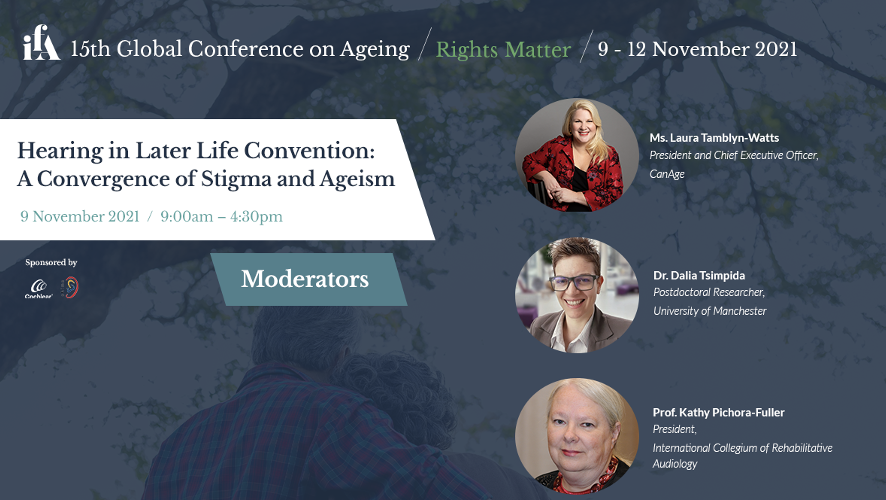
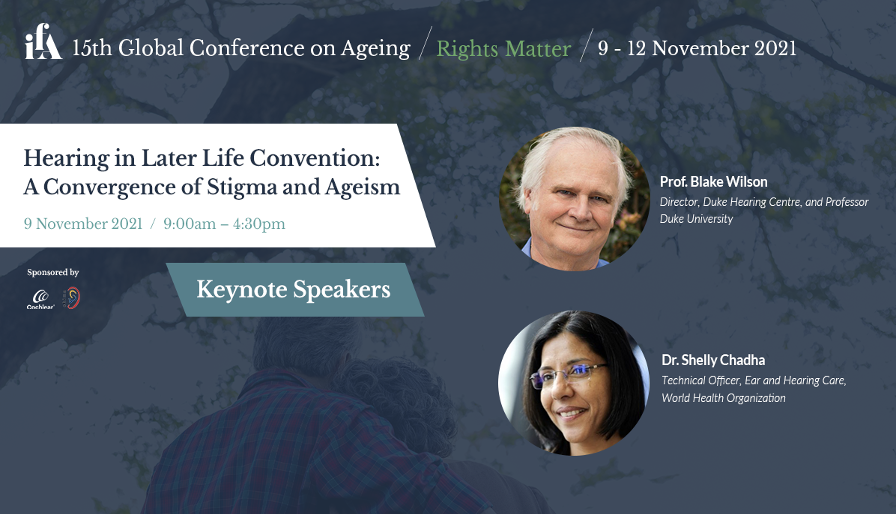
On 9-10 November 2020, the International Federation on Ageing (IFA) and the International Collegium on Rehabilitative Audiology (ICRA) convened the Think Tank on Hearing in Later Life, gathering a group of inspiring and thoughtful leaders from across the fields of audiology, otolaryngology, psychology, dementia research, geriatric medicine, gerontology, academic, public health, government, industry, and NGOs.
While the overarching goal of the Think Tank was to improve the hearing and therefore functional ability of older people, the five key commitments amongst delegates to work towards ensuring that all government and non-government-led policies and actions for healthy ageing include hearing care within their scope included the following key action areas:
- Increase awareness and tackle stigma
- Synthesize and disseminate knowledge to change practice in the context of healthy ageing
- Articulate economic advantages of hearing care and elevating hearing loss as a public health concern
- Promote equity and access to hearing care
- Apply evidence to guide action



